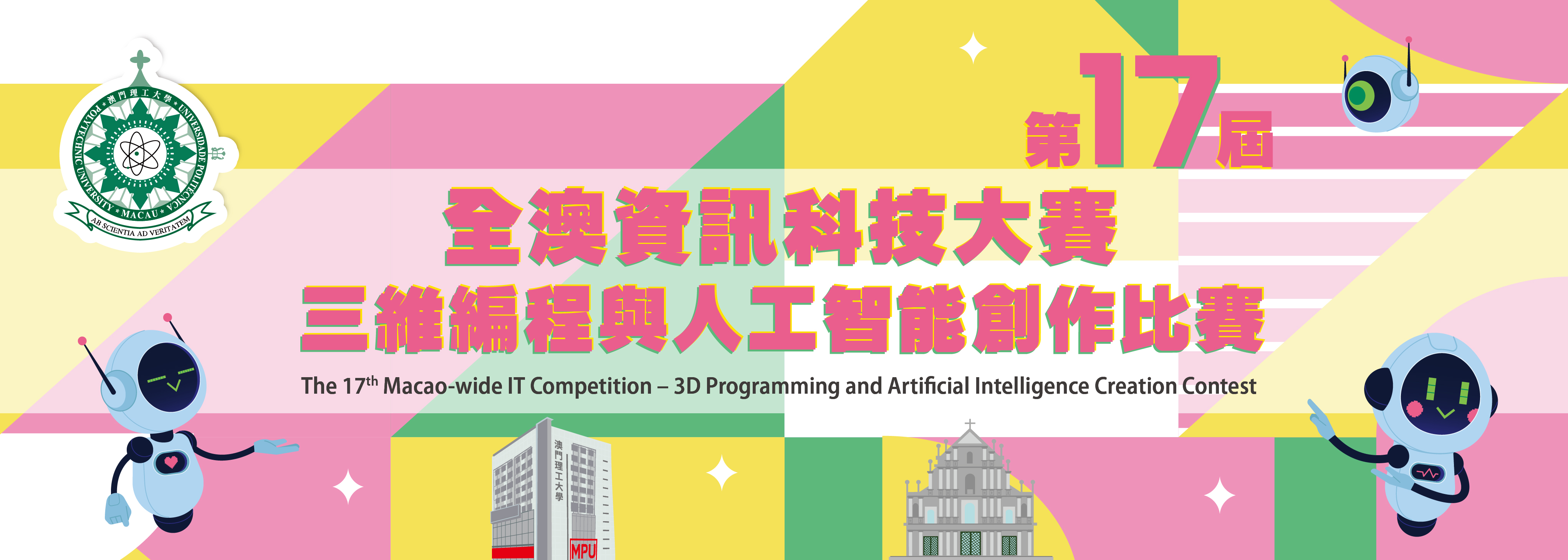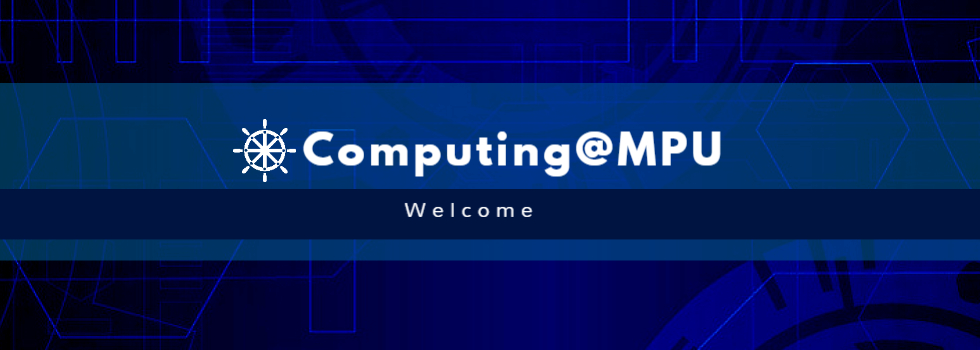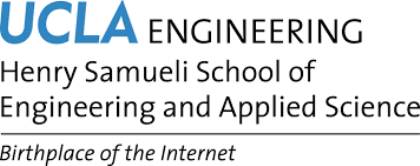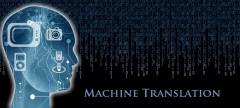The design of the Bachelor of Science in Computing Programme aims at providing a sound practical knowledge of computing fundamentals and a thorough understanding of the analytical, design, and planning skills associated with the computing profession, in order to provide students with the means to compete successfully in the job market as well as to develop their academic competences in pursuing further studies. To broaden the participation of students in their communication with the global IT community, the Programme promotes internship, joint student projects with organizations, student activities, and overseas exchanges. Regular seminars, competitions and social gatherings are also held to enhance peer learning among students and further study opportunities. Three streams of specialisation offered to students are Business Intelligence, Gaming Technology and Computer Education. Students are expected to start their specialisation in the first semester of year 3. Upon completion of the Bachelor of Science in Computing Programme, students should be able to pursue further study and achieve the following (1-13):
1. Select and apply proven methods, tools and techniques to the effective and efficient implementation of information systems on common platforms, including the Internet platform;
2. Acquire essential knowledge in specific fields of computing disciplines including networking, artificial intelligence and security;
3. Apply necessary mathematical techniques to model, analyse and devise solutions to complex problems;
4. Work independently to develop an understanding of, and the knowledge and skills associated with the general support and mitigation of security risks of computer systems and networks;
5. Design and implement relational database, with an emphasis on how to organise, maintain, retrieve and analyse information;
6. Distinguish the fundamental and operational issues of computer systems, with considerations of user, business, ethical, societal and environmental needs;
7. Evaluate, prepare and communicate effectively on technical information to both technical and non-technical audience;
8. Work as an effective member of a team in the analysis, design and development of software systems, with recognition of requirement to support equality, diversity and inclusion;
9. Use project planning, risk management and quality management techniques in solutions to complex problems;
10. Build the capacity and desire for lifelong learning and to learn advanced and emerging technologies on one's own;
For the Business Intelligence specialisation,
11. Gain an in-depth knowledge of technologies related to data analysis and management of information to support business processes in enterprises;
For the Gaming Technology specialisation,
12. Acquire the general and advanced knowledge of current technologies and operating environment for the development of the gaming and tourism industry;
For the Computer Education specialisation,
13. Acquire general and practical knowledge of computer education and its practicing environment in secondary education;














